![]()
In the realm of country music, there are artists who, despite their remarkable talent and chart-topping hits, often find themselves overshadowed by award ceremonies and accolades. These unsung heroes, cherished by their devoted fans, have a unique story to tell. One such artist is Conway Twitty, whose three-decade career in country music yielded nearly 100 records on the Billboard country singles chart. Surprisingly, Conway’s individual efforts were never fully recognized by the Country Music Association, NARAS (the Grammys), or the Academy of Country Music, except for his duets with Loretta Lynn.
Conway Twitty, known by his birth name Harold Jenkins, embarked on his musical journey in the country genre before transitioning to rock music. However, his heart always belonged to country, and after a stint in the military, he returned home with the dream of making it to Nashville’s Grand Ole Opry. Fate had other plans for him when he stumbled upon Carl Perkins’ rockabilly classic, “Blue Suede Shoes,” which ignited a newfound passion for rock music.
Signed to MGM in 1958, Twitty’s career initially saw a rocky start, with his self-penned song “It’s Only Make Believe” failing to make an immediate impact. Disheartened, Conway left the music business and returned to work on the family farm. Little did he know that his song would skyrocket to success without his knowledge, becoming a rock hit that held the #1 position on the Billboard Hot 100 for two weeks. Rescued from his farm, Conway Twitty set out on a musical journey that would last his entire life.
While “It’s Only Make Believe” possessed a country tinge, it never crossed over onto Billboard’s country chart. Nevertheless, it laid the foundation for Twitty’s career, later earning recognition as a country hit when covered by Glen Campbell in 1970 and Ronnie McDowell in 1988.
After experiencing a series of minor rock entries, Twitty’s chart success waned by 1961, leading to his departure from MGM. However, this turned out to be a turning point in his career. In 1966, he re-emerged as a country act, hosting a television show in Oklahoma City that quickly gained regional popularity and led to syndication. With his new sound embraced by audiences, Twitty caught the attention of Owen Bradley and Decca Records, signing a contract that marked the beginning of his triumphant journey.
Twitty’s first few releases under Decca did not make a significant impact until “The Image of Me,” a Wayne Kemp composition, reached #5 on the charts. This marked the beginning of Twitty’s ascent, with his first #1 record, “Next in Line,” penned by Wayne Kemp, solidifying his place on the charts in 1968.
During his country concert tours, Twitty encountered many of his old rock ‘n’ roll fans who had transitioned to country music. This core fan base, captivated by his emotional renditions, laid the groundwork for his remarkable success. Then, in 1970, after years of hard work, Twitty struck gold with a song that would define him as an artist and catapult him to country music stardom.
Remarkably, “Hello Darlin’,” the iconic song loved by millions, had been written by Twitty himself back in 1960 during his rock ‘n’ roll days. However, with no market for country music at the time, the song was forgotten and stored away in a cardboard box. Years later, as Twitty searched for material to fill his country albums, he rediscovered this hidden gem. With an untitled tune lacking a discernable chorus or hook line, Twitty initially viewed it as a “left field” number.
Reluctantly, he brought the song to a recording session and played it for his producer, Owen Bradley. Bradley, inspired by the song’s first line, “Hello Darlin’,” decided to name it accordingly. He also introduced the innovative idea of highlighting an electric piano, played by Larry Butler, to infuse the recording with a distinct sound rarely heard in country music. However, Bradley felt that something was still missing.
In a stroke of genius, Bradley suggested that Twitty speak the song’s first two words instead of singing them. This simple yet powerful touch proved to be the catalyst that transformed “Hello Darlin'” into an enormous blockbuster, captivating audiences worldwide. At Twitty’s concerts, when he began the song by speaking those first two words, the crowd erupted in frenzied applause—a reaction that persisted for the next two decades.
Recognizing the song’s immense popularity, Decca Records released “Hello Darlin'” as a single, propelling it to the top of Billboard’s Hot Country Singles chart on June 6, 1970, within a mere eight weeks of its ascent. Twitty held the #1 position for a solid month, and the song remained on the charts for an impressive five months. This beloved classic, discarded and forgotten a decade earlier, became an emblem of Twitty’s career.
Following the success of “Hello Darlin’,” Twitty continued to captivate audiences with his heartfelt love songs, displaying the same emotional depth and charm that defined his breakthrough hit. Songs like “Fifteen Years Ago,” “She Needs Someone to Hold Her (When She Cries),” “Linda On My Mind,” “You’ve Never Been This Far Before,” “I’d Love to Lay You Down,” “Slow Hand,” and many more followed in the same style, cementing Twitty’s reign on the charts.
Five years after its initial release, “Hello Darlin'” achieved a historical milestone beyond the Earth’s atmosphere. Brigadier General Thomas P. Stafford, commander of the Apollo spacecraft, was a fan of Twitty’s song and requested a copy of it for his mission. Twitty, with the assistance of the chairman of the Russian language department at the University of Oklahoma, translated and recorded the song in Russian, renamed “Privet Radost.” During the U.S. and Soviet crews’ historic linkup in space, the Russian version of “Hello Darlin'” played in the background, etching its place in both U.S. and Soviet space travel history.
Despite the absence of major awards, Conway Twitty’s impact on country music was immeasurable. With 29 consecutive Top Five singles and a total of 75 Top Ten hits, including 40 Billboard number ones, he secured his place as one of the most successful country recording artists. Twitty’s greatest award, he often said, was the overwhelming response from his loyal fans. Posthumously, he was rightfully inducted into the Country Music Hall of Fame in 1999, solidifying his legacy as a true country music icon.
Conway Twitty’s journey, fueled by his extraordinary voice and irresistible charisma, serves as a testament to the power of passion, resilience, and the unwavering support of devoted fans. Through the enchanting magic of “Hello Darlin’,” Twitty captured the hearts of millions and left an indelible mark on the country music landscape that endures to this day.
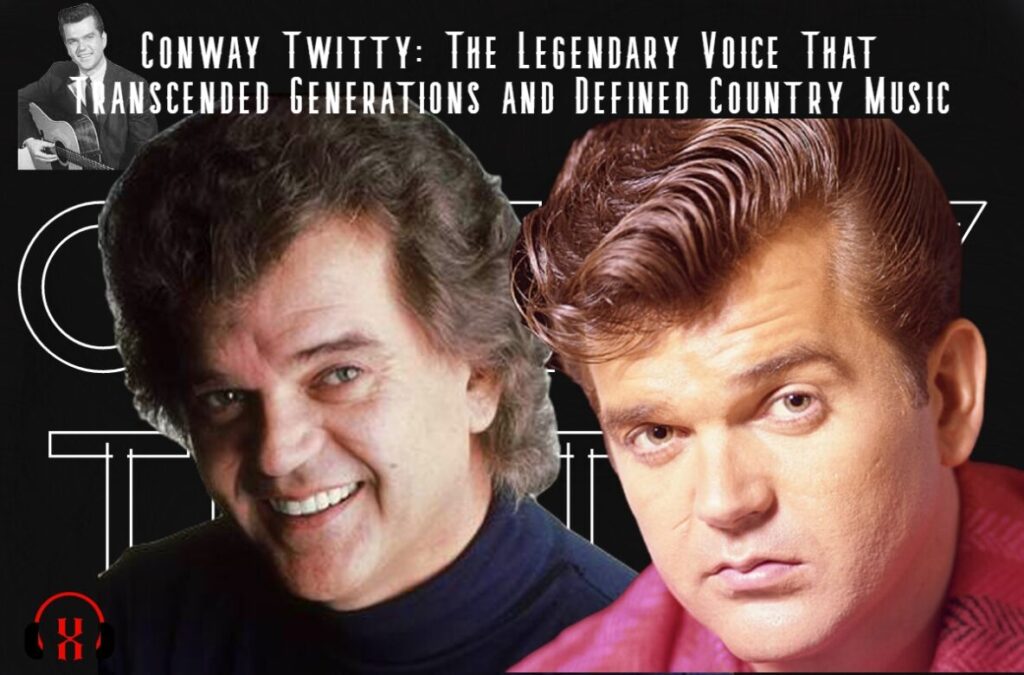
Album: Hello Darlin’
Released: 1970
Artist: Conway Twitty
Genre: Country
Nominations: Country Music Association Award for Song of the Year, Country Music Association Award for Single of the Year
Lyrics
Hello darlin’
Nice to see you
It’s been a long time
You’re just as lovely
As you used to be
How’s your new love
Are you happy
Hope your doin’ fine
Just to know it
Means so much to me
What’s that darlin’
How am I doin’
I’m doin’ alright except I can’t sleep
And I cry all night ’til dawn
What I’m trying to say is I love you and I miss you
And I’m so sorry that I did you wrong
Look up darlin’
Let me kiss you
Just for old time sake
Let me hold you
In my arms one more time
Thank you darlin’
May God bless you
And may each step you take
Bring you closer
To the things you seek to find
Goodbye darlin’
Gotta go now
Gotta try to find a way
To lose these memories
Of a love so warm and true
And if you should ever find it
In your heart to forgive me
Come back Darlin’
I’ll be waitin’ for you…
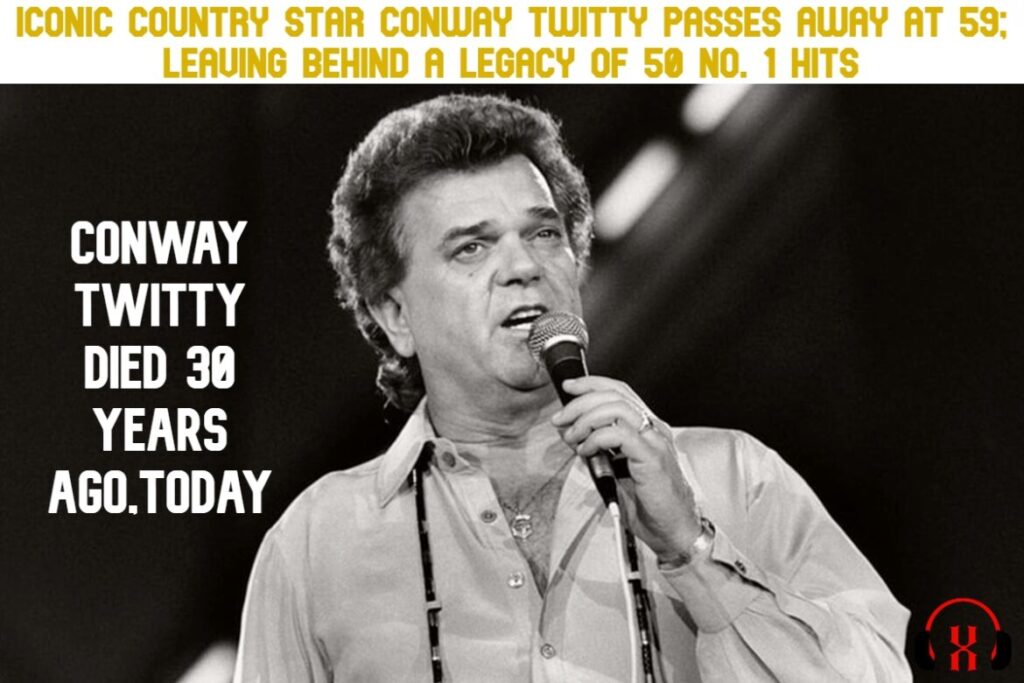
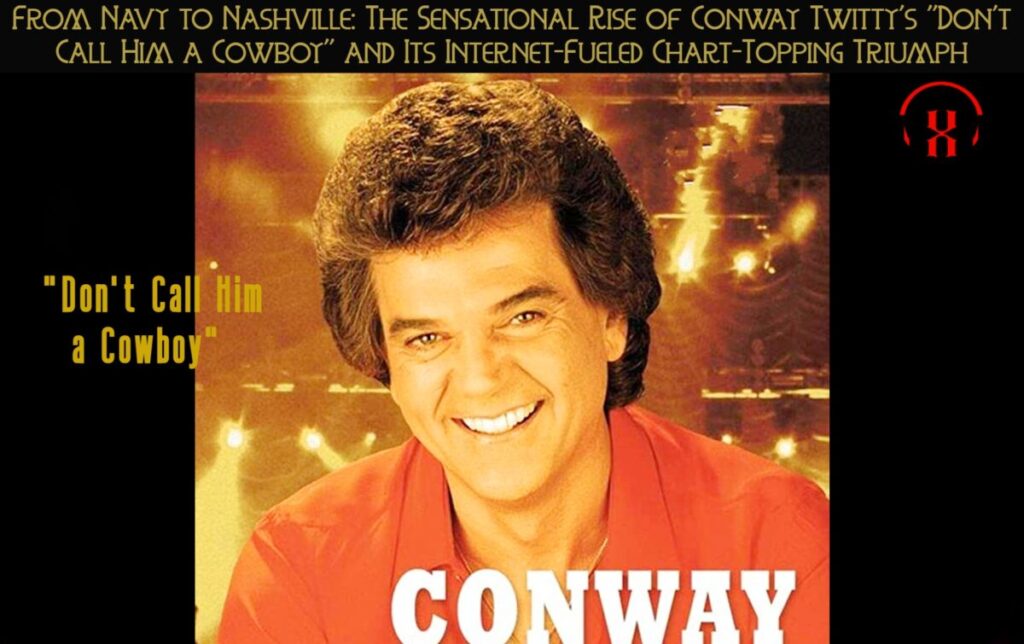



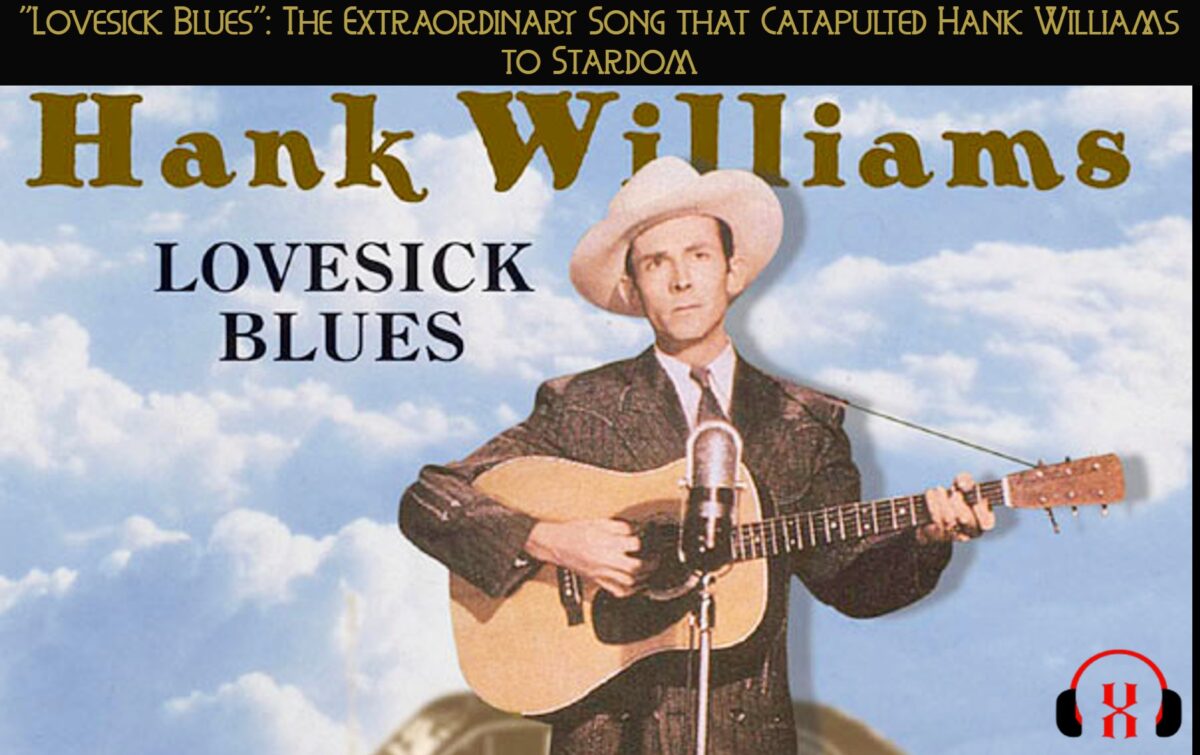
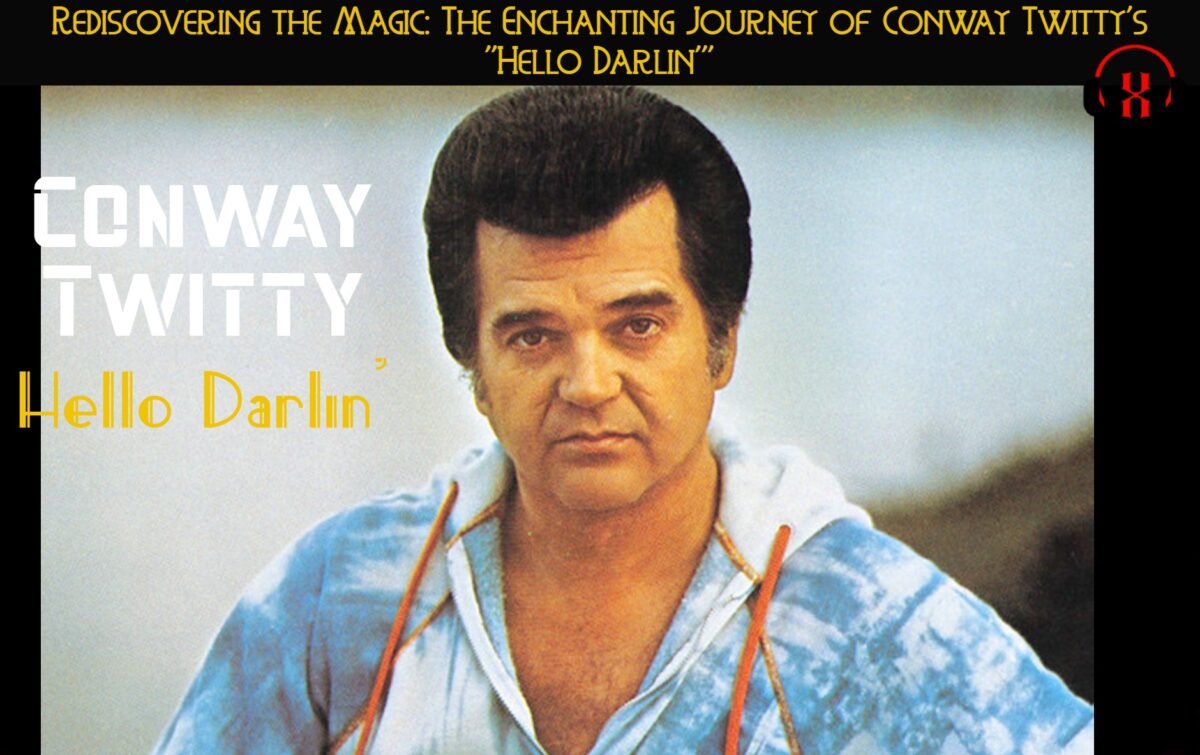
Comments on “Rediscovering the Magic: The Enchanting Journey of Conway Twitty’s “Hello Darlin'””